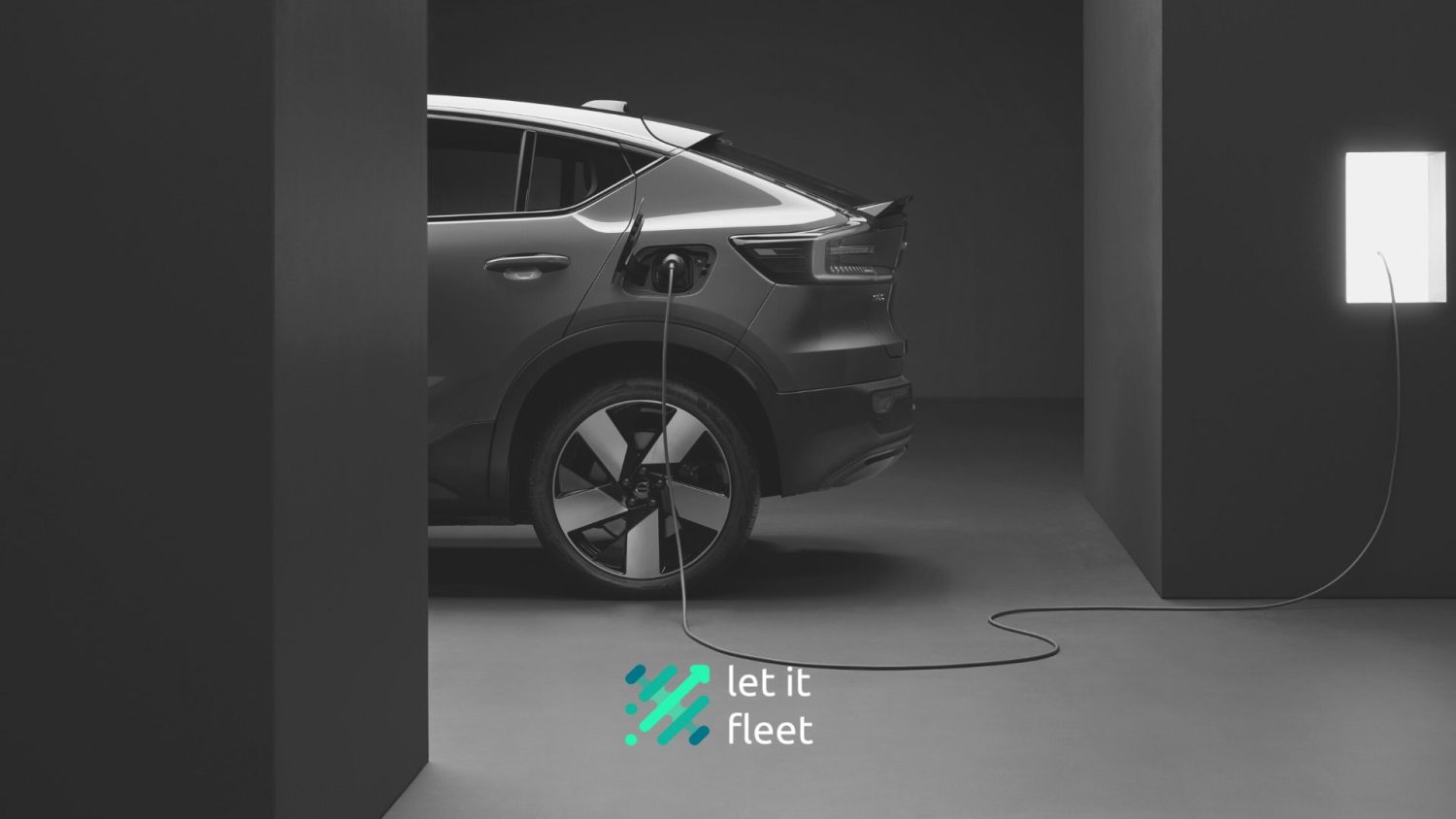In less than a year, the new fiscal regulations for vehicles enter into force. How are fleet managers anticipating the upcoming year with Belgian fleet fiscal changes, and how is the electrification of their fleets going? Both Arval and FLEET.be recently published results from surveying hundreds of Belgian fleet managers. While nine out of ten Belgian fleet managers still want to expand their company car fleet or at least keep it at its current level, electrification is proceeding slower than anticipated. The causes appear to be mainly charging infrastructure-related: a lack of charging solutions at home, in the public domain, and at work. Furthermore, the high prices of electric cars is cited as an important reason.
Recently, the Arval Mobility Observatory[1] published their new study, for which the leasing company interviewed a total of 301 Belgian fleet managers from different sectors and company sizes. The study shows that only 6 percent of the fleet managers surveyed see their company car fleets shrinking while all others expect them to grow (19 percent) or remain stable (73 percent) in the near future. Comparable results are found in the FLEET.be Barometer[2], that reports 87% of fleet managers to anticipate a stable or increased fleet size by end of 2022. In like manner, FLEET.be surveyed 213 fleet managers across sectors and company sizes. A larger percentage (68%), though, indicated an expected growth in fleet size.
More telework, not fewer cars
Since the pandemic, most companies have adopted teleworking. Though lockdowns or restrictions have been removed, partially working from home remains standard practice. However, this higher degree of teleworking does not lead to a decrease in the number of company cars. Yet, in line with what we see at our clients, it does lead to a lower number of kilometres driven. Those surveyed by Arval believe that the annual distance travelled will fall by an average of some 28 percent. The FLEET.be Barometer confirms that teleworking is commonly used as a remedy against rising fleet costs. For the interested reader, we discussed how much savings can be obtained per avoided kilometer in our blog on alternative mobility.
Not all-in on electric yet
The share of electrified (and therefore not necessarily fully electric) vehicles is already significant. 48 per cent of respondents reported that they already have (plug-in) hybrid or fully electric cars in their fleet today. However, anyone who thought that, as a result of the changes in company car taxation from mid-2023 onwards, company cars would immediately impose battery-electric vehicles, is jumping the gun. From the fleet managers surveyed by FLEET.be, 54% is planning to only allow (partly) electrified vehicles in 2022. In the Arval study, 59% per cent state not to consider BEVs at the moment. As a result, still quite some vehicles with an internal combustion engine (ICE) are being ordered. Given typical lease periods of 4-5 years, ICE vehicles will thus be around for quite some years. The Arval Mobility Observatory reports comparable findings, with respondents expecting that in three years’ time (in 2025) half of their passenger cars (49 percent) will still be equipped with an internal combustion engine, while the figure for light commercial vehicles is even higher at 57 percent. Analogous, the fleet managers surveyed answered only 20 percent of their passenger cars will be fully electric by 2025. This number is down compared to last year. Then, 29% of the fleet was anticipated to be electrified in 3 years time. It is therefore clear that (full) electrification is proceeding more slowly than expected (and desired by the government).
Why electrification is not progressing faster
As a reason for the fact that their fleet will not be fully electric by 2025, 28 percent of the Arval respondents state that their employees lack charging solutions at home. 22 per cent cite a shortage of public charging stations as the reason for their hesitation. The lack of solutions for charging the cars at the workplace is also an obstacle for 22 percent. Finally, a quarter of them (24 per cent) find the purchase price of electric cars too high. As we know from our previous blog, a Total Cost of Ownership (TCO) approach is to be used to avoid budget bias based on catalogue values.
Kick-start your electrification process
At LIF, we help our customers assess their electrification potential. We define transition scenarios based on their fleet replacement cycle and custom quotes. Furthermore, we and map the cost surplus or cost avoidance of delaying or accelerating the process in the light of Belgian fleet fiscal changes. It also helps our clients at setting realistic carbon reduction targets for their fleet. After establishing the strategy, we support the practical implementation with lease partner(s) and charging infrastructure providers. As such, the electrification projects can proceed at full speed. Don’t hesitate to contact us for a talk about your project!
[1] https://www.arval.be/en-be/corporate/arval-mobility-observatory
[2] https://www.fleet.be/barometer-fleet-be-hoe-beheert-u-uw-vloot-in-2022/
